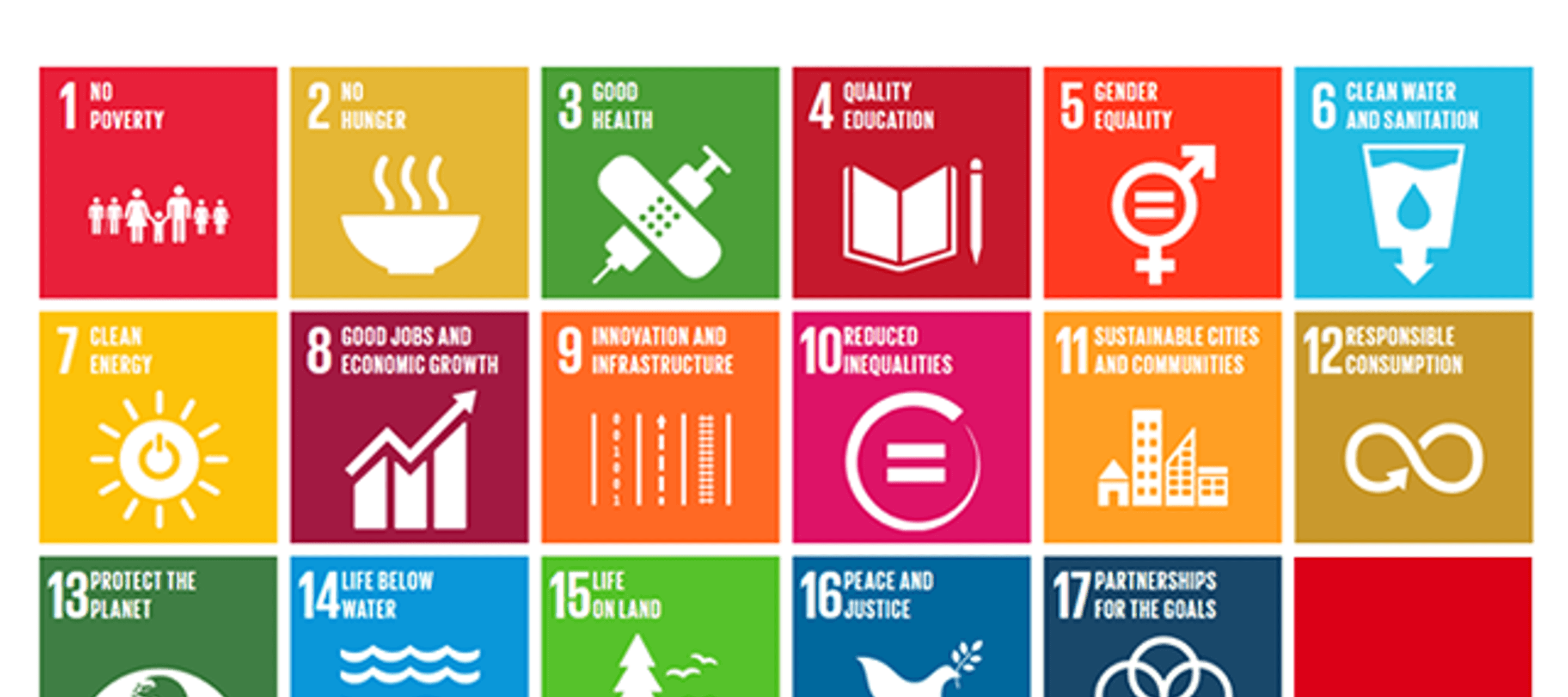Business and the SDGs: How Can We Deepen Scale and Impact?
21 July 2015

This article was originally published on BusinessFightsPoverty.org
The role of the private sector in realizing the UN Sustainable Development Goals (SDGs) is widely recognized. What remains unclear is how exactly business should contribute most effectively and responsibly to the broad development objectives that government leaders will adopt this September.
The SDGs will affirm the importance of the private sector in achieving economic and social progress, but they still fall short in setting the terms for responsible business practices through due diligence, accountability and transparency necessary for sustainable partnerships and development outcomes that benefit all people.
Business value chains are widely viewed as engines for development by enabling economic growth, creating jobs, contributing to livelihoods, and providing revenues needed to finance public services and related infrastructure.
Markets have played a crucial role in helping over a billion people out of extreme poverty during the past 20 years and we are right to believe we can achieve this for another billion. Of course, the private sector role in development is not the work of large companies alone, or even primarily so. Small and medium-sized enterprises (SMEs) mostly outside international value chains (with some notable exceptions) are critical to long-term development prospects as well. After all, more people work in SMEs, not in large corporations, and SMEs create more jobs than large companies although these tend to be lower paid and more insecure.
Sustainable development requires more effective and equitable policy frameworks at national, regional and international levels on issues including trade, investment, education, infrastructure, rule of law and technology. Governments have the obligation to invest wisely in these pillars of development and to do so in ways that benefit those most in need. But we shouldn’t under estimate areas where value chains can make a significant difference to development outcomes. Understanding these, I believe, should be a priority as we consider the role of business in contributing to the SDGs.
Reducing inequality
One of the most worrying trends of the past 15 years has been the growing inequality within and between states. Global value chains can unwittingly make a bad situation worse as consolidating economic power in large well-performing suppliers or globally known brands does not necessarily create diverse economies and decent jobs. To address this situation, governments need to encourage businesses to invest in new areas; large businesses should create opportunities for SMEs; and the economy should remain open to entrepreneurs with limited resources.
Ending discrimination
Ensuring due diligence in value chains can be a powerful tool in fighting discrimination, be it based on gender, religion, ethnicity, or social status. Discrimination undermines a society and weakens local markets. In supply chains, discrimination is prevalent in cases when third parties, such as labour agencies, are used to meet short-term demands. Such approaches encourage migration of workers to take advantage of economic conditions and too often lead to exploitation in the forms of forced labour and human trafficking. Hard questions need to be asked about local practices that exclude workers because of their religious beliefs, language, or ethnicities. The leverage of international markets can help ensure such discrimination does not remain unaddressed.
Transparency and accountability
Global value chains are not necessarily transparent or accountable – in fact, it is the constant shifting of production and markets that can obscure responsibilities and the true nature of business relationships. All too often, global competition for international investment and fears that business will move elsewhere results in poor worker protections. However, global value chains can be made more transparent and accountable as we have seen over recent years on issues such as conflict minerals, forced labour, human trafficking, land acquisition and use, security issues and revenue transparency in the extractive sector. Better laws, effective enforcement, and stronger multi-stakeholder approaches should all be central to improving accountability within global value chains.
Building more leverage in value chains
In the end, while stronger regulation mandating greater corporate disclosure, reporting and accountability is necessary, so too is the creation of more powerful incentives for business to act. Our work with partners to develop objective human rights benchmarks for the world’s largest 500 publicly listed companies is a step in that direction. Ranking of companies has driven stronger performance on related issues through the actions of investors, governments and civil society. An even stronger incentive would be for rights-holders who sit at the end of many value chains – i.e. consumers – to be engaged meaningfully in all of the above. If the purchasing power of many of world’s 7 billion (soon to be 8 billion) people could be harnessed and aligned to the SDGs, then anything is possible.
Background:
One of the most significant outcomes of the 2012 Rio+20 Summit was the Sustainable Development Goals, a new set of goals to succeed the Millennium Development Goals later this year. The proposed framework has 17 Goals and 169 targets.
What are the proposed SDGs?
- End poverty in all its forms everywhere
- End hunger, achieve food security and improved nutrition, and promote sustainable agriculture
- Ensure healthy lives and promote wellbeing for all at all ages
- Ensure inclusive and equitable quality education and promote lifelong learning opportunities for all
- Achieve gender equality and empower all women and girls
- Ensure availability and sustainable management of water and sanitation for all
- Ensure access to affordable, reliable, sustainable and modern energy for all
- Promote sustained, inclusive and sustainable economic growth, full and productive employment, and decent work for all
- Build resilient infrastructure, promote inclusive and sustainable industrialisation, and foster innovation
- Reduce inequality within and among countries
- Make cities and human settlements inclusive, safe, resilient and sustainable
- Ensure sustainable consumption and production patterns
- Take urgent action to combat climate change and its impacts (taking note of agreements made by the UNFCCC forum)
- Conserve and sustainably use the oceans, seas and marine resources for sustainable development
- Protect, restore and promote sustainable use of terrestrial ecosystems, sustainably manage forests, combat desertification and halt and reverse land degradation, and halt biodiversity loss
- Promote peaceful and inclusive societies for sustainable development, provide access to justice for all and build effective, accountable and inclusive institutions at all levels
- Strengthen the means of implementation and revitalise the global partnership for sustainable development




